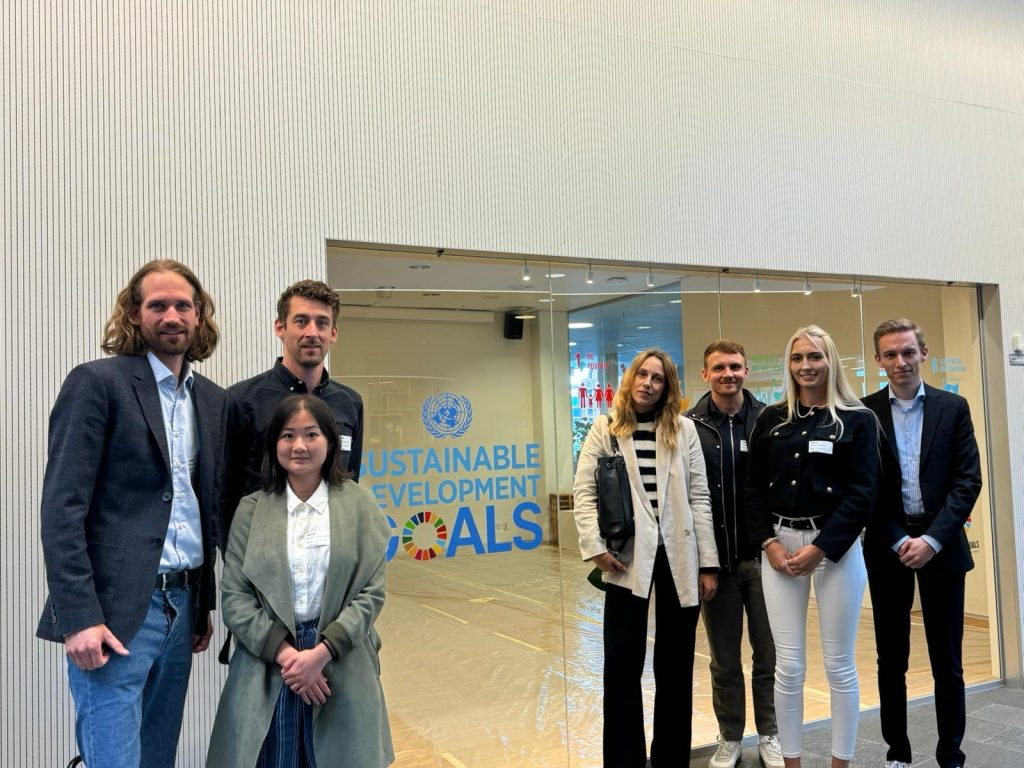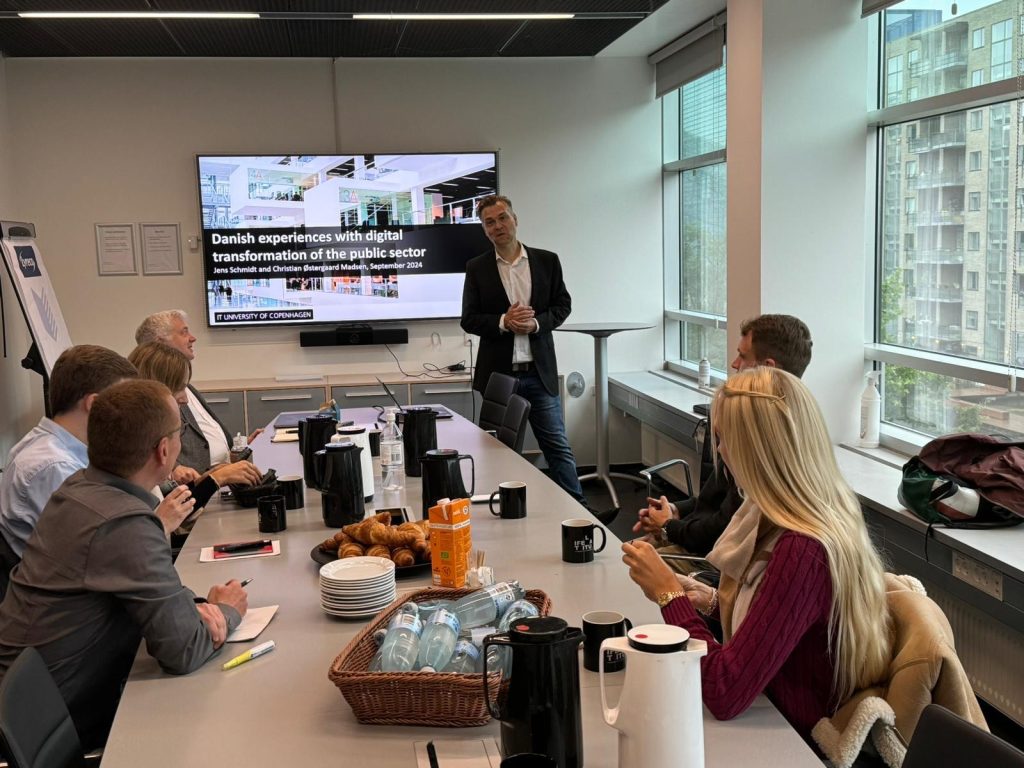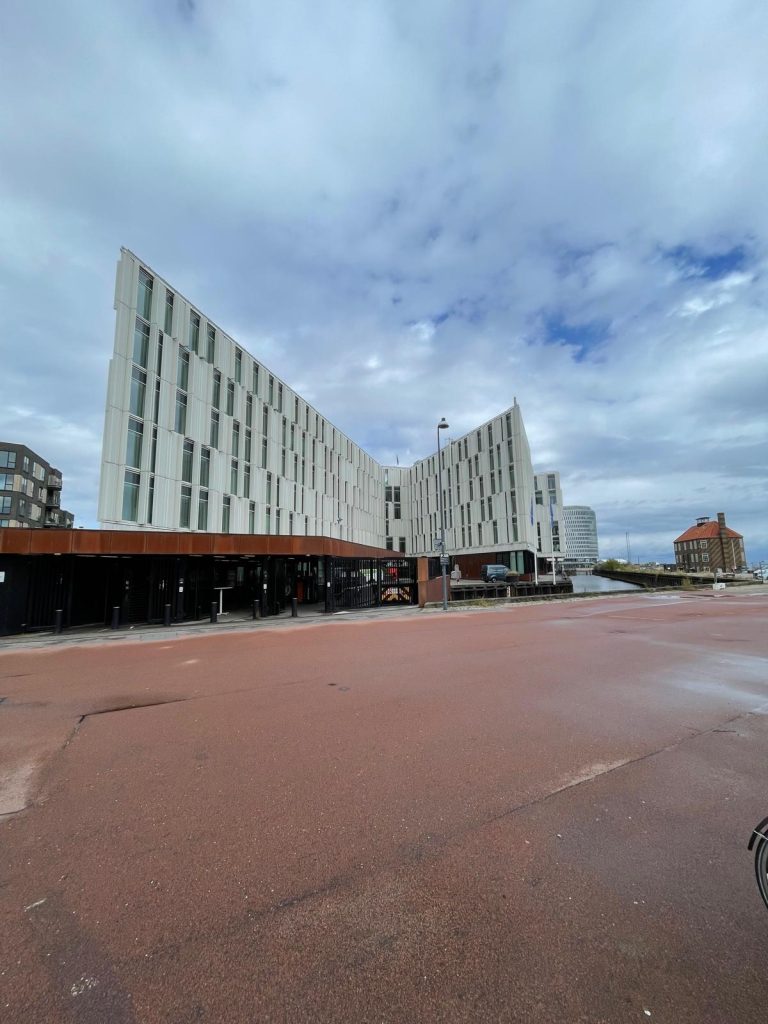
Our third day began with an insightful meeting with Professor Christian Madsen at the Research Center for Government IT at the IT University of Copenhagen (ITU). Professor Madsen provided a historical overview of Denmark’s impressive digitalization journey, a process that has made the country a global leader in eGovernment. A key turning point in Denmark’s digital success was the early introduction of electronic identification (eID), which laid the groundwork for building trust and ensuring widespread citizen participation in digital services.

One of the key takeaways from this meeting was the emphasis on the crucial role of citizen trust. Professor Madsen highlighted how Denmark’s digital transformation was not just about implementing new technologies but also about addressing citizens’ concerns head-on. By being transparent and ensuring that digital services were user-friendly and valuable, Denmark managed to secure widespread public support. This trust has been essential for the continued innovation and success of Denmark’s digital agenda.
Furthermore, we learned that successful digital transformation requires a careful balance between analog and digital solutions. As Professor Madsen explained, it is not just about going fully digital but about finding the most efficient combination of both analog and digital approaches. This pragmatic approach has been key to Denmark’s ability to scale digital solutions that are both inclusive and effective.
In the afternoon, we visited the impressive UN City, home to various UN organizations, including the United Nations Development Program (UNDP). Here, we were welcomed by Deputy Director Caroline Åberg, who gave us an introduction to the work of the UNDP. She highlighted the organization’s focus on sustainable development and poverty reduction worldwide, illustrating how the UNDP operates on both local and global levels to support countries in achieving their development goals.

Following this, we had the opportunity to engage with Ana Rosa Soares, who offered an insightful look into the UNDP’s evaluation process. Ms. Soares explained how evaluation is distinct from mere monitoring against KPIs. While monitoring tracks progress based on predetermined indicators, evaluation takes a broader approach, assessing the overall impact of programs and their alignment with strategic goals. This holistic evaluation framework allows the UNDP to understand not just whether goals are being met, but also how they are being achieved and what long-term impacts are being generated.
The visit to UN City deepened our understanding of the UN’s role in international development and the importance of robust evaluation frameworks in driving sustainable and meaningful progress.
This day of meetings and visits underscored the central role of trust, transparency, and thoughtful evaluation in both national governance and international development efforts.